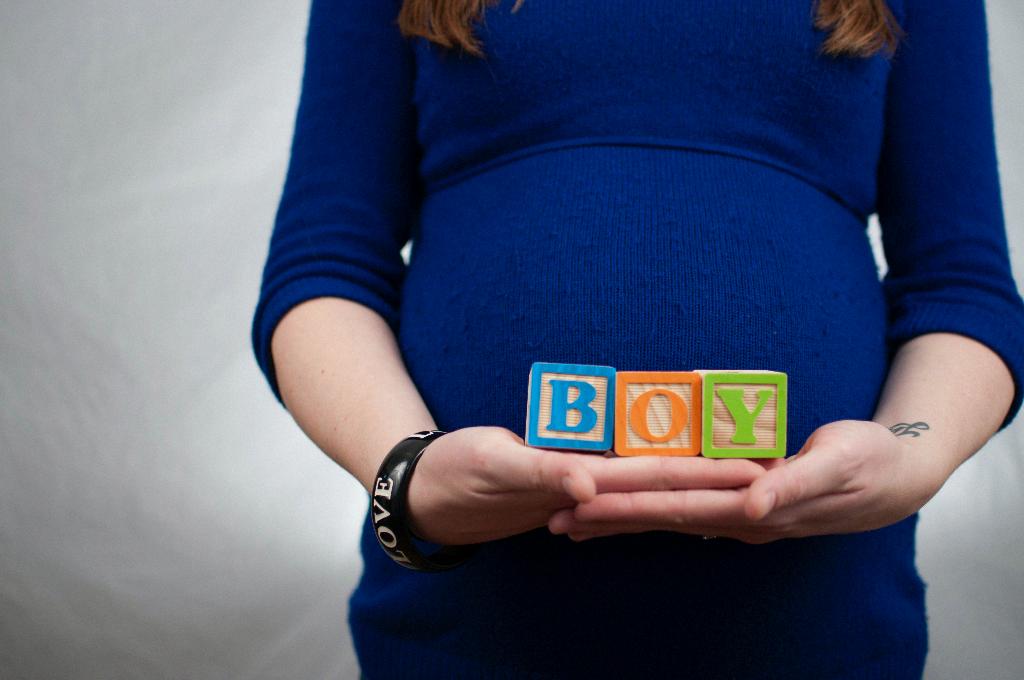When it comes to pregnancy, your blood type plays a crucial role in determining potential risks and complications that may arise during gestation. The positive or negative aspect of your blood type, also known as your Rh status, can have significant implications for both you and your baby.
What Does Rh Status Mean for Pregnancy?
If you are Rh negative and your fetus is Rh positive, it can lead to a condition known as Rh incompatibility. This occurs when your immune system identifies the Rh-positive blood of the fetus as a foreign substance and produces antibodies to attack it.
The Risk of Rh Incompatibility
Rh incompatibility can be a serious concern during pregnancy, as the antibodies produced by the mother can cross the placenta and attack the fetus’s red blood cells. This can lead to a condition known as hemolytic disease of the newborn (HDN), which can result in severe anemia, jaundice, and even neurological damage in the baby.
Managing Rh Incompatibility
To prevent the complications associated with Rh incompatibility, women who are Rh negative are typically given a medication called Rh immunoglobulin (RhIg) during pregnancy. RhIg works by suppressing the mother’s immune response and preventing the production of antibodies against the fetus’s blood.
Risk Factors for Rh Incompatibility
While any Rh-negative woman carrying an Rh-positive fetus is at risk for Rh incompatibility, certain factors can increase the likelihood of this condition. These include a history of pregnancy complications related to Rh incompatibility or previous Rh sensitization.
Importance of Blood Typing during Pregnancy
It is essential for all pregnant women to undergo blood typing early in their pregnancy to determine their Rh status. This allows healthcare providers to identify any potential risks and take appropriate measures to prevent complications during gestation.
Other Blood Types and Pregnancy Risks
While Rh incompatibility is a significant concern for certain blood type combinations, other blood types can also pose risks during pregnancy. For example, women with blood type O may have a higher risk of developing gestational diabetes, while women with blood type AB may be at increased risk for preeclampsia.
Monitoring Blood Type-Related Risks
Throughout pregnancy, healthcare providers will closely monitor women with blood type-related risks to ensure the health and well-being of both the mother and the baby. This may involve more frequent prenatal visits, additional testing, and specialized care to address any potential complications that may arise.
Genetic Considerations in Blood Type Risk
Blood type is determined by genetic factors, with each parent contributing one allele to their child. Understanding the genetic basis of blood type can provide insight into the potential risks and complications that may occur during pregnancy based on the blood type combinations of the parents.
Preconception Counseling for Blood Type Risks
For women planning to conceive, preconception counseling can be beneficial in assessing potential risks related to blood type and pregnancy. By understanding their blood type and any associated risks, women can take proactive steps to optimize their health before becoming pregnant.
Educating Expectant Mothers on Blood Type Risks
Healthcare providers play a critical role in educating expectant mothers about the risks associated with their blood type during pregnancy. By empowering women with knowledge about their blood type and potential complications, healthcare providers can help them make informed decisions regarding their prenatal care.
Conclusion
In conclusion, blood type can significantly impact the risks and complications associated with pregnancy. By understanding the implications of Rh status and other blood type-related factors, healthcare providers can work proactively to mitigate potential risks and ensure a healthy outcome for both mother and baby.

